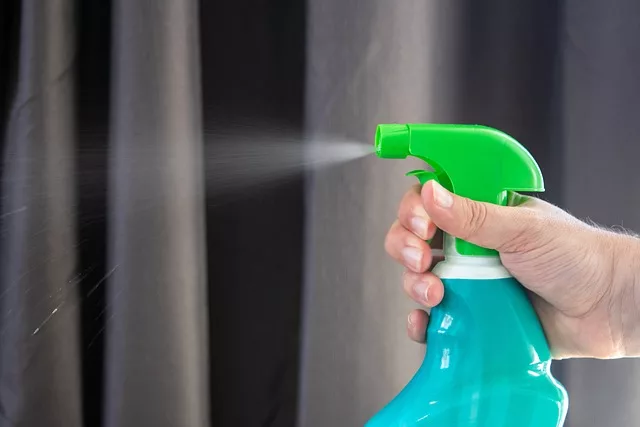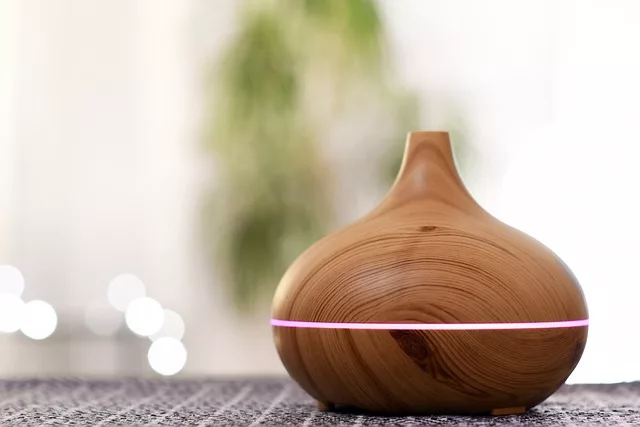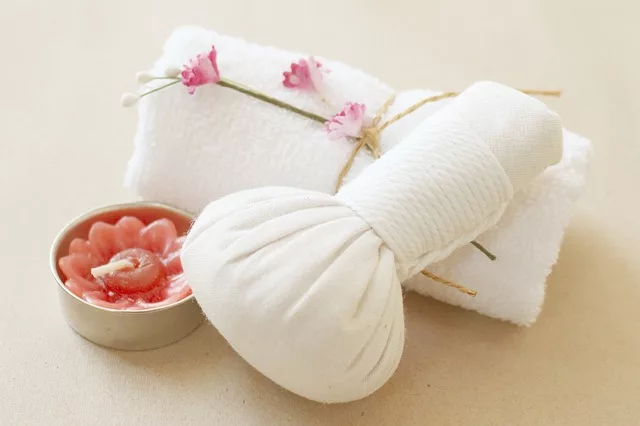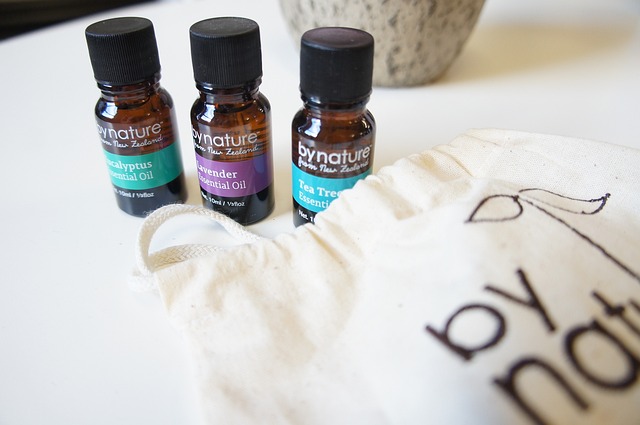Essential oils have been used for centuries to promote relaxation and improve sleep quality. Aromatherapy, the practice of using essential oils for therapeutic purposes, is gaining popularity as a natural approach to promote better sleep.
In this article, we’ll discuss the best essential oils for sleep and how to use them to promote restful slumber.
Lavender Oil
Lavender is a popular essential oil known for its calming and relaxing effects. It’s been shown to decrease heart rate and blood pressure, making it a great option for those struggling with anxiety or stress-induced insomnia. You can add a few drops of lavender oil to a diffuser or mix it with a carrier oil to apply topically before bed.
Bergamot Oil
Bergamot oil has a citrusy scent that’s been shown to have calming effects on the mind and body. It’s believed to help reduce anxiety and promote relaxation, making it a great option for those struggling with sleep disorders. Bergamot oil can be added to a diffuser or mixed with a carrier oil and applied to the skin before bed.
Chamomile Oil
Chamomile oil is well-known for its relaxing properties and is often used as a natural remedy for insomnia. It’s been shown to improve sleep quality and reduce feelings of anxiety and depression. Chamomile oil can be diffused or mixed with a carrier oil and applied topically.
Valerian Oil
Valerian root has long been used as a natural sleep aid, and its essential oil is no different. Valerian oil is believed to promote relaxation and improve sleep quality by increasing the production of GABA, a neurotransmitter that helps regulate the nervous system. You can add a few drops of valerian oil to a diffuser or mix it with a carrier oil and apply it topically.
Ylang Ylang Oil
Ylang ylang oil has a sweet floral scent and is believed to have sedative effects on the body. It’s been shown to decrease blood pressure and heart rate, making it a great option for those struggling with stress-induced insomnia. Ylang ylang oil can be diffused or mixed with a carrier oil and applied to the skin before bed.
Cedarwood Oil
Cedarwood oil has a warm, woody scent and is believed to have a grounding effect on the mind and body. It’s been shown to promote relaxation and improve sleep quality by increasing serotonin production. Cedarwood oil can be diffused or mixed with a carrier oil and applied topically.
Vetiver Oil
Vetiver oil has an earthy, grounding scent that’s believed to help calm the mind and promote relaxation. It’s been shown to reduce feelings of anxiety and stress, making it a great option for those struggling with sleep disorders. Vetiver oil can be diffused or mixed with a carrier oil and applied topically.
How to Use Essential Oils for Sleep
There are several ways to use essential oils for sleep, including:
- Diffusing: Add a few drops of essential oil to a diffuser and run it for 20-30 minutes before bed.
- Topical Application: Mix a few drops of essential oil with a carrier oil (such as coconut oil or jojoba oil) and apply it to your temples, chest, or the bottoms of your feet before bed.
- Bath: Add a few drops of essential oil to a warm bath and soak for 20-30 minutes before bed.
- Pillow Spray: Mix a few drops of essential oil with water in a spray bottle and spritz it on your pillow before bed.
When using essential oils for sleep, it’s important to choose high-quality oils and to follow safety precautions. Essential oils should always be diluted in a carrier oil before applying topically, as they can cause skin irritation if used undiluted. Common carrier oils include coconut, jojoba, and sweet almond oil. When using a diffuser, be sure to follow the manufacturer’s instructions and never leave it unattended.
It’s also important to note that essential oils should not be used as a substitute for proper medical treatment for sleep disorders. If you are experiencing chronic sleep issues, it’s important to consult with your healthcare provider before incorporating essential oils into your routine.
In addition to using essential oils, there are other natural remedies and lifestyle changes that can help promote better sleep. These include maintaining a regular sleep schedule, creating a relaxing bedtime routine, avoiding caffeine and alcohol before bed, and ensuring that your sleeping environment is cool, dark, and quiet.
Essential oils and aromatherapy can be powerful tools for promoting relaxation and improving sleep quality. From lavender and chamomile to ylang-ylang and bergamot, there are a variety of essential oils that can help calm the mind and body and promote restful sleep.
Image by zerin117 from Pixabay
Aromatherapy
-

Use Essential Oils to Transform Your Laundry
Laundry is a routine task that can be transformed into a delightful experience with the addition of essential oils. These natural aromatic extracts not only infuse your clothes and linens with a pleasant scent but also offer additional benefits such as freshness and relaxation. Let’s explore three essential oils that are perfect for laundry, when…








Leave a Reply